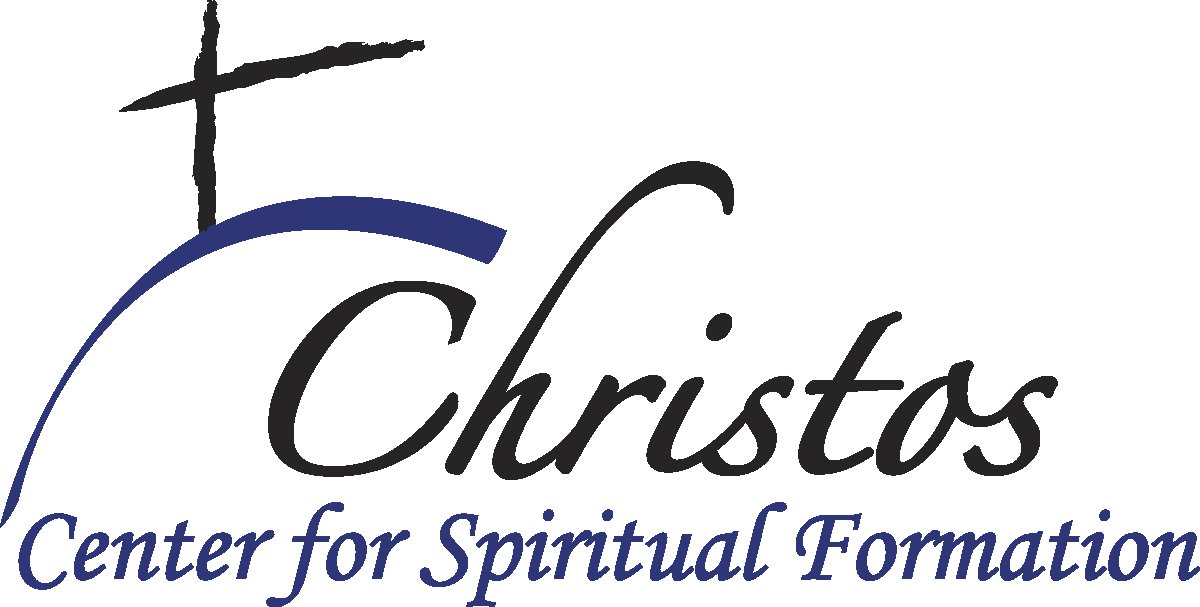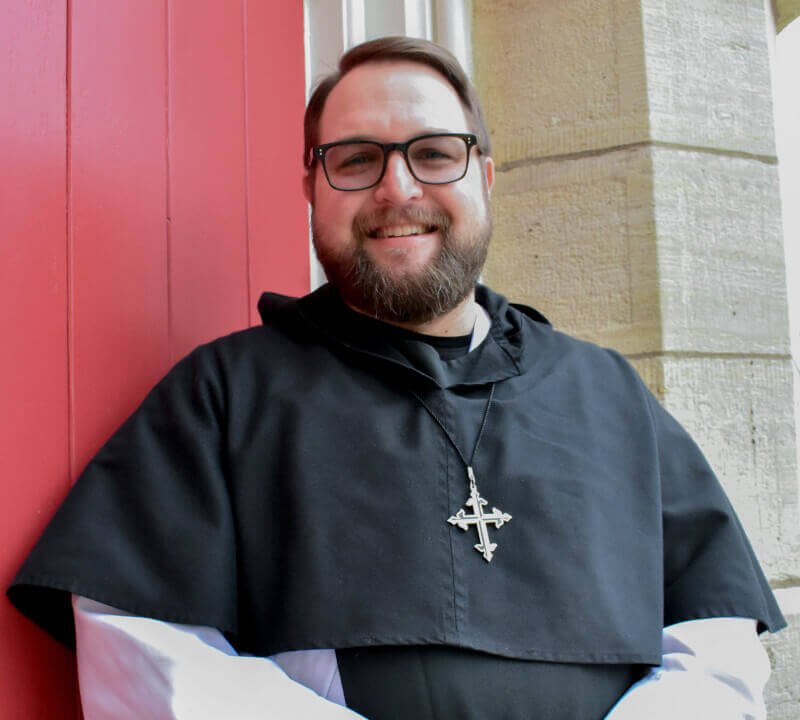Fr, Kevin Goodrich, O.P.
Tending The Holy Graduate 2022.
Father Kevin Goodrich, O.P., is a friar under life vows in the Anglican Order of Preachers (aka “The Dominicans”). Father Goodrich serves as Pastor of St. John’s Episcopal Church in Dubuque, Iowa.
Five earned degrees from Mainline, Evangelical and Roman Catholic schools; taught at Protestant and Catholic universities; and has served Lutheran and Anglican congregations, large and small, liberal and conservative. This diversity of experience informs his ecumenical approach.
Author of several books; has an active social media presence at fathergoodrich.com and facebook.com/friarpreacher
You’ve been called to several faith traditions. How has that influenced your ministry and your spiritual direction work? I started off as a kid interested in experiencing the supernatural or God, but not necessarily interested in Christianity. I felt that Christianity wasn’t compelling as it related to having a relationship with God. It was a more “active” faith – about being a good person and a good citizen, which is important but only one part of the puzzle. Then I discovered Christian mystics. If you look at the lives of many mystics, their focus isn’t on the self but God. Often this God-focused spirituality leads not only to deeper prayer, but also deeper engagement with the world. This helped me become a more committed Christian. I realized I didn’t need to become a Hindu or something else! The contemplative spirituality traditions I was looking for were already here, in the church I grew up in.
You’ve written several books. What has drawn you to write in your ministry?
The way of life that the Dominicans embrace is reflected in the “OP” at the end of my name — The Order of Preachers. Preaching is not just in the pulpit. It’s a wider sense of proclaiming the Gospel in any and all means possible. There is a long tradition of Dominican scholars and writers. So out of that comes my books, newsletters and social media too.
Your most recent book Mystic Bonfires talks about the amazing treasure trove of wisdom and spirituality from the mystics of the past. Why is that an important concept for today? The mystics have often been conscience of the church, reminding us why we are here. Our contemporary denominations tend to celebrate the active, exterior life of service and action. But if we’re not rooted in our fundamental experience with God, we may miss the special thing we offer as Christians. We offer God, the Trinity, Christ. There’s an interesting gap in contemporary faith right now. Research shows that young people are deeply interested in spirituality, but they do not perceive the church to be a place of spirituality! It’s a great tragedy – we have this rich spiritual tradition rooted in the mystics, but we aren’t aware of it. Mystic Bonfires is designed for active spiritual directors, those in training, and others. It provides resources to recover this rich spiritual tradition of the past for the challenges we face today.
The person I use as a case study in my book is Walter Hilton, a 14th Century English spiritual writer and director (a contemporary of Julian of Norwich). He encourages a balanced option between the active life and the contemplative life. Hilton calls it the “Mixed Life.” The Mixed Life affirms the historic Christian emphasis on both the contemplative, interior life and the active, exterior life. I argue both are equally necessary for Christianity to survive and thrive in the Western world.
What drew you to pursue a certificate in spiritual direction from Christos?
My interest in the mystics and their contemplative focus was certainly part of it. The Dominicans have a long tradition of spiritual direction — for example, the 14th-century mystic and spiritual director Meister Eckhart. I’ve been a spiritual directee for about 20 years, most of the time with the same director. I had dabbled in giving a bit of spiritual direction to people in my church communities and through my retreat and teaching ministry, but I knew I would benefit from a formal program. Christos’s ecumenical emphasis was very important to me — that’s an important aspect of who I am. The pandemic offered up another good reason – a chance to redeem the time – and I appreciated the distance program. I was part of a small, wonderfully close cohort in the larger group.
What would you say to someone who’s considering Spiritual Direction? Regardless of your background – if you’re new to the contemplative life or experienced – this is a wonderful opportunity to grow. I wanted to work on my own spiritual life. This was a chance to set aside other things and open myself up to be a learner. It was refreshing, life-giving and encouraging.

